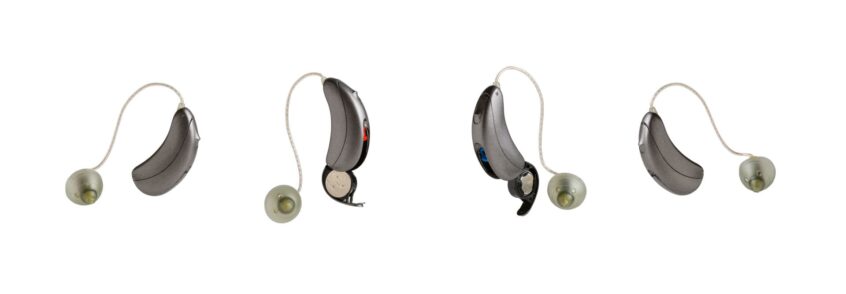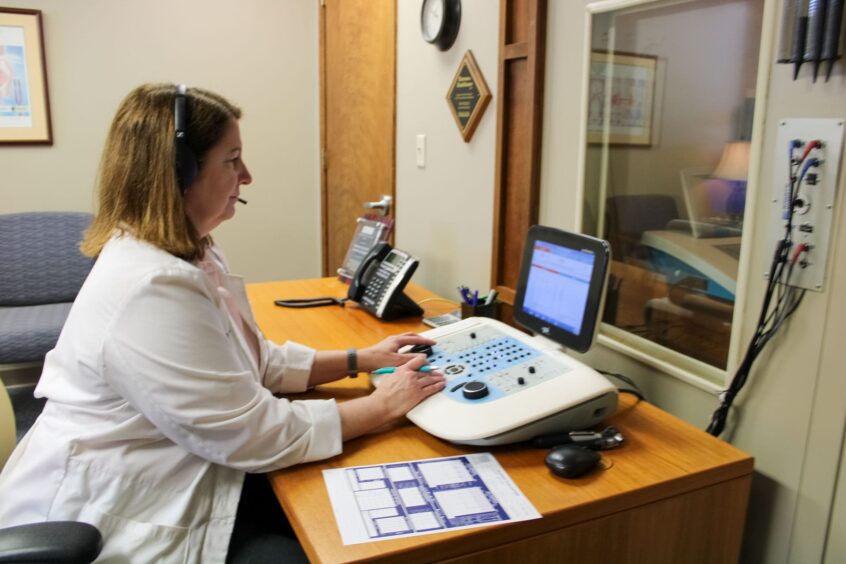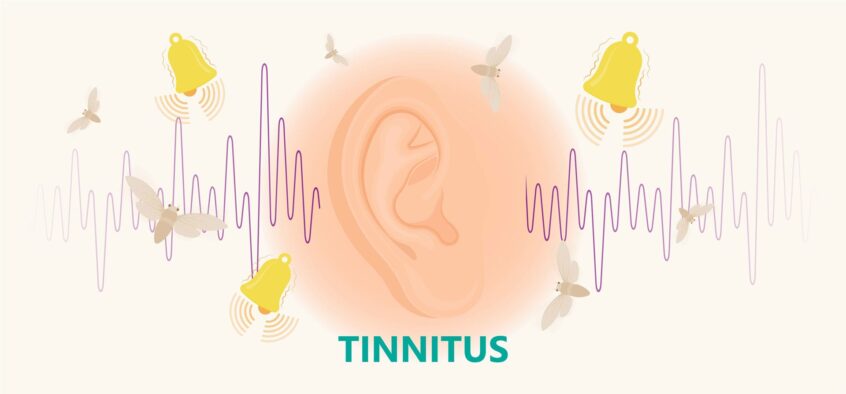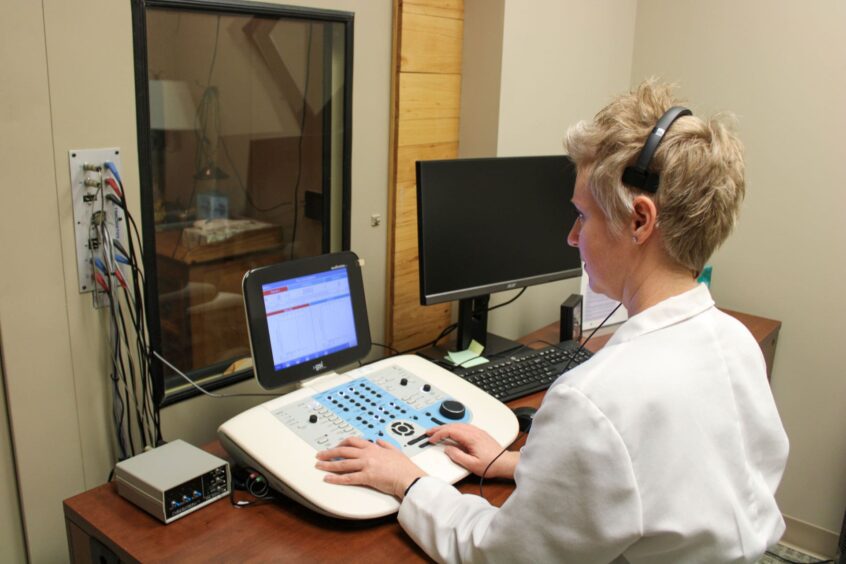A recent survey conducted by the Committee for Communication Access in America sheds new light on who uses assistive listening systems and why. Read on to learn more about these findings, as well as the types of assistive listening systems available to improve your listening experience. Since the passage of the Americans with Disabilities Act (ADA), assistive listening systems (ALS) … Read More
Government Requires Child-Resistant Packaging for Hearing Aid Batteries
Button-sized disposable batteries are generally safe, but they can be dangerous if swallowed, especially by children and pets. Now a new law, called Reese’s Law, has been enacted, requiring child-resistant packaging for these batteries. Generally, button-sized disposable hearing aid batteries are safe, but according to the National Capital Poison Control Center, every year in the United States, more than 3,500 … Read More
Can Regular Hearing Aid Use Reduce Risk of Death?
You know that hearing aids can help you hear better. But did you know a new study has found a lower risk of death in those with hearing loss who regularly wear their hearing aids? Read on to learn more about this new scientific study and the many benefits of hearing aids. Research continues to point to the many benefits … Read More
Study Shows Hearing Aids May Reduce the Risk of Cognitive Decline in At-Risk Patients
Among an aging population, cognitive decline is probably one of the most dreaded diagnoses possible. After all, dementia not only impacts an individual’s ability to enjoy and participate in life, but it threatens one’s independence. Over the past few years, researchers have found more and more connections between hearing loss and cognitive decline, but the real question has been whether … Read More
Can Wearing Hearing Aids Prevent Falls?
According to the Centers for Disease Control (CDC), injuries from falls cost $50 billion every year—a greater burden on the healthcare system than obesity or smoking. If this trend continues, the CDC estimates that approximately 50 million falls will occur annually in adults over age 65 by the year 2030. Like falls, hearing loss is also very common in individuals … Read More
Is Your Hearing Quietly Slipping Away?
It’s almost spring. You used to love the sound of the robins singing, the wind gently whistling through the trees, and the crunch of the gravel under your feet during a walk. But gradually, those sounds have slipped away from you—not all at once. It’s been a barely perceptible change. But when someone recently commented on the birds singing, you … Read More
What Is Tinnitus and How Do I Know if I Have It?
You’ve just gone to a concert where the volume seemed over-the-top. When you returned home, you noticed a constant high-pitched hissing noise that didn’t stop. A few days later, you continued to notice the annoying hissing, especially when it’s quiet, like when you would lie down to go to sleep at night. You could live with it, but you hadn’t … Read More
How to Create Your Own Blue Zones
So maybe, after learning about blue zones, you’ve decided you’d like to live a healthier, longer life, too. But you don’t live in Ikaria, Greece or Sardinia, Italy. You live in Kansas City, a community known less for healthy lifestyles and more for barbeque. That’s no excuse though. One of Dan Buettner’s goals when he began studying the blue zones … Read More
How What You Eat may be Connected to Diabetes and Hearing Loss
When studying the five communities originally associated with the blue zones, diet quickly emerged as an important connection to a longer, healthier life. Surprisingly, diet also can play a key role for someone with hearing loss. How is it possible that what you eat is connected to how well you hear? One answer is diabetes. This is probably one of … Read More
How is Hearing Connected to Blue Zones?
Central to the blue zones concept is the fact that in each of the communities where people age so well, these individuals don’t live in isolation. Instead, they stay connected—connected to their spouse, children and extended family, friends and community. But in the United States and other industrialized countries where older adults are more isolated, depression, loneliness and even dementia … Read More












